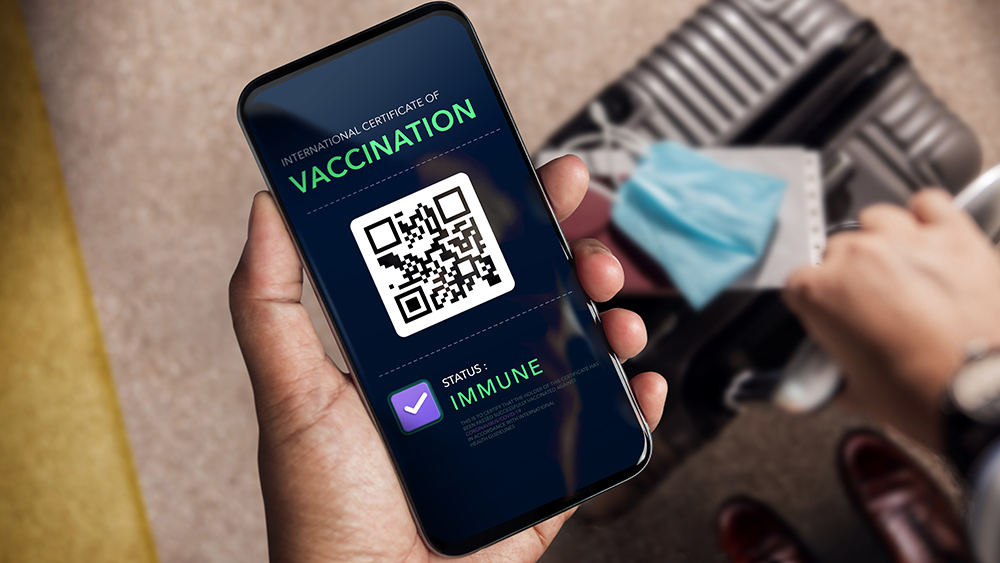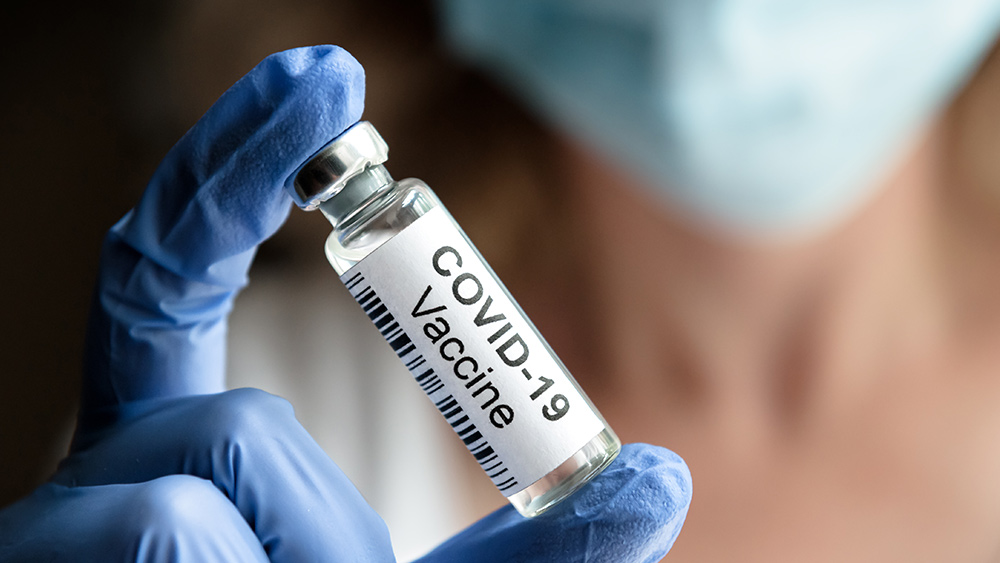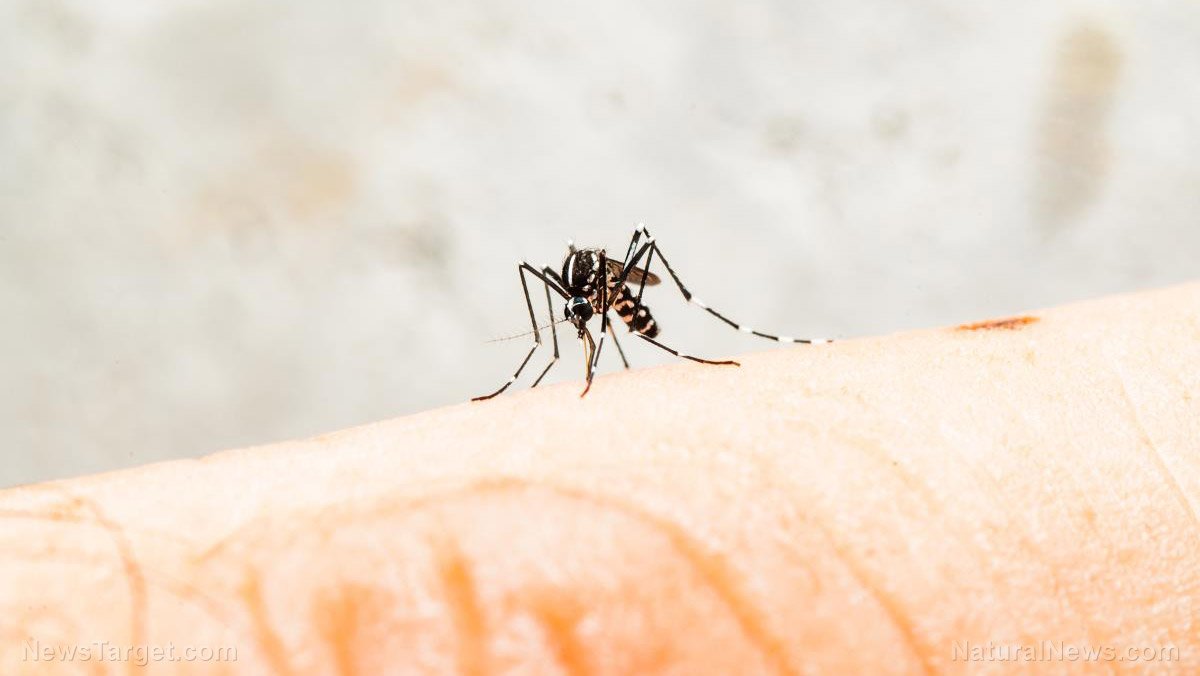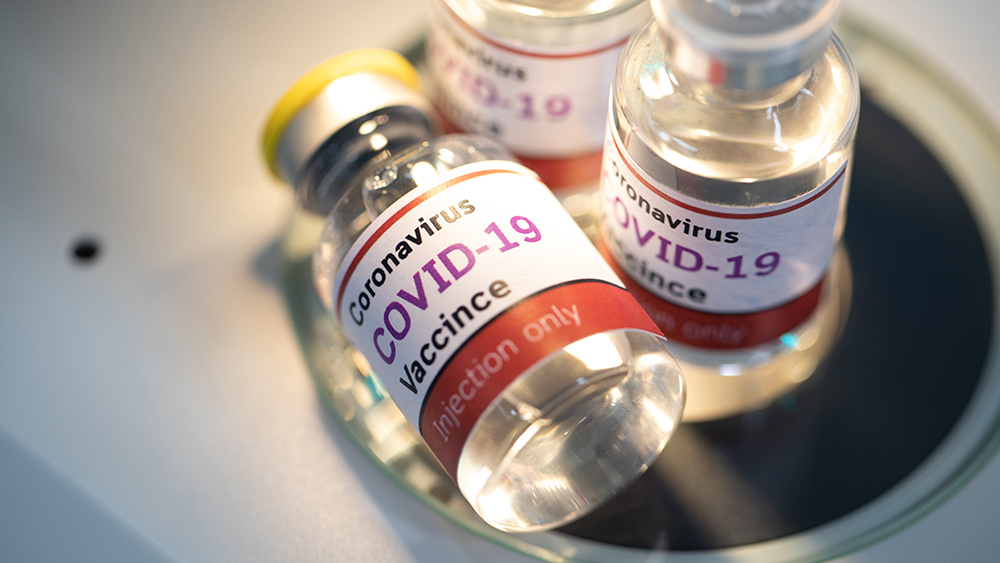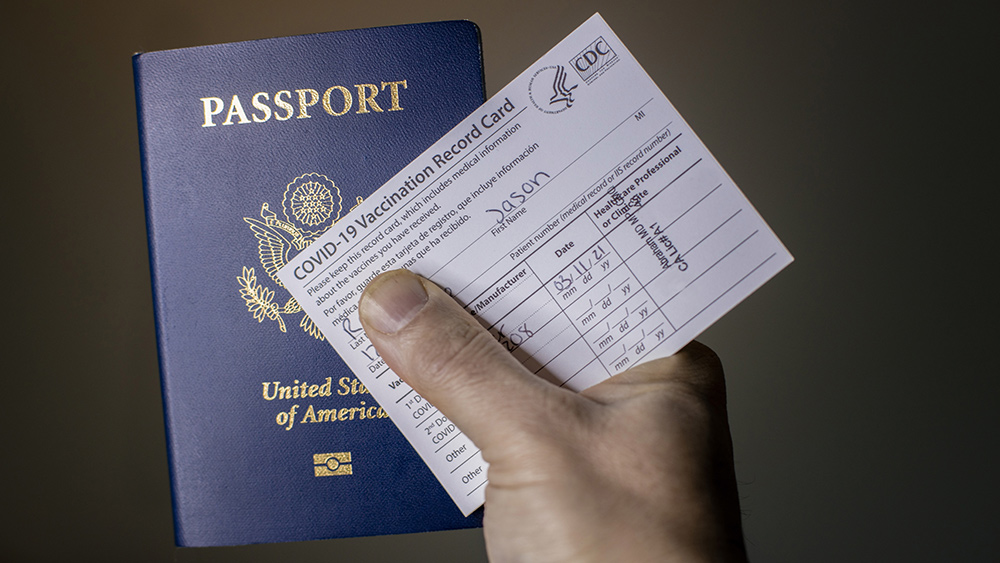SCIENCE FAIL: Review finds rapid coronavirus test kits miss 42% of asymptomatic cases and are prone to false-positive results
03/29/2021 / By Ramon Tomey

A major review found that rapid coronavirus tests can miss as many as two-fifths of infected people without symptoms. Lateral flow test kits are a quick testing method to find if someone is positive for the Wuhan coronavirus, giving results in as fast as 30 minutes. However, researchers who examined 64 studies of the test kits found that they failed to spot 42 percent of asymptomatic cases.
Lateral flow tests do not require trained medical personnel to administer them. Teachers and pupils use lateral flow test kits on an everyday basis to track COVID-19 infections in schools. Aside from schools, these kits are also used at care homes, hospitals and business establishments.
The researchers behind the review examined earlier studies mostly coming from the U.S. and Europe that scrutinized the accuracy of rapid antigen tests. Their paper published March 24 in the reputable Cochrane Library found that on average, lateral flow test kits only identified 58 percent of asymptomatic COVID-19 patients. On the other hand, the review found that these rapid test kits accurately identified 78 percent of patients exhibiting COVID-19 symptoms. The World Health Organization (WHO) set an 80 percent minimum standard for correctly detecting those with COVID-19 using tests.
The researchers wrote: “In a population of 1,000 people with symptoms, where there are 50 people with [COVID-19] – we would expect that about 40 people would be correctly identified as having [the disease] by rapid test, and between six and 12 cases would be missed.”
It was also found in the review that lateral flow test kits had a high tendency to give false-positive results. The report explained that in a population of 10,000 asymptomatic people, between 125 and 213 positive results would turn out – with around 90 to 189 of those positive results being false-positive ones. (Related: Inaccurate test results, patient histories fuel more coronavirus speculation.)
The inaccurate lateral flow test kits could contribute to the spread of the coronavirus instead of stopping it
The review’s findings caused concern among scientists, given that at least 50 percent of asymptomatic patients transmit COVID-19. While children are less likely to suffer from COVID-19, they can still spread the pathogen responsible for it. Thus, the scientists also voiced out concerns about the use of the test kits in schools.
University of Birmingham biostatistician and report author Jon Deeks said government ministers may have rushed the use of lateral flow test kits in schools “without any supporting real-world evidence.” KU Leuven associate professor of primary care and fellow review author Dr. Ann Van den Bruel also warned that the risk of false positives in these tests “is very high.” She commented: “You may end up having the opposite effect of what you want to achieve and you may have to close more workplaces [and] more [school] classes.”
Meanwhile, University of Birmingham epidemiologist and another review author Dr. Jac Dinnes remarked that the lateral flow test kits “do not appear to perform as well” in asymptomatic people infected with the coronavirus. “Our review showed that some antigen tests may be useful in healthcare settings where [COVID-19] is suspected in people with symptoms,” she said.
Dinnes continued: “All antigen tests will miss some people with infection, so it is important to inform people who receive a negative test result that they may still be infected.” She also suggested that those with a positive antigen test result undergo a confirmatory RT-PCR test, which is more accurate in detecting the coronavirus. This may help avoid unnecessary quarantine particularly in areas with low COVID-19 case counts, Dinnes explained. (Related: Abbott Labs’ five-minute coronavirus test misses HALF of positive cases.)
The accuracy of lateral flow test kits and other rapid antigen testing systems for COVID-19 has been put into question. Two incidents have shown that these inaccurate testing methods for the coronavirus miss detecting the pathogen in some infected people – but detect non-human samples as COVID-19 positive.
Back in May 2020, the late Tanzanian President John Magufuli sent samples taken from a goat and a papaya to a laboratory for coronavirus testing. The samples were given human names and ages, and lab technicians were not told of the samples’ origins. The goat and papaya samples tested positive for COVID-19, which led Magufuli to surmise that Tanzania was utilizing faulty test kits. He added that the faulty kits meant some people tested positive for the coronavirus without actually being infected.
In December 2020, National Council of Austria member Michael Schnedlitz slammed the inaccurate antigen rapid test being used in the country. The lawmaker brought a glass of Coca-Cola to the podium before beginning his speech. He then sprinkled a few drops of the soft drink on a rapid test kit – which then reflected a positive test result. Schnedlitz then proceeded with his speech by calling the test kits “worthless” and the Austrian government’s purchase of those as akin to “throwing tens of millions of tax money out of the window.”
Visit Pandemic.news to read more articles about inaccurate COVID-19 rapid test kits.
Sources include:
Tagged Under: antigen testing, asymptomatic cases, Cochrane review, coronavirus testing, covid-19 pandemic, COVID-19 transmission, false positive results, lateral flow test kits, outbreak, pandemic, rapid test kits, science clowns, test results, testing accuracy, Wuhan coronavirus


